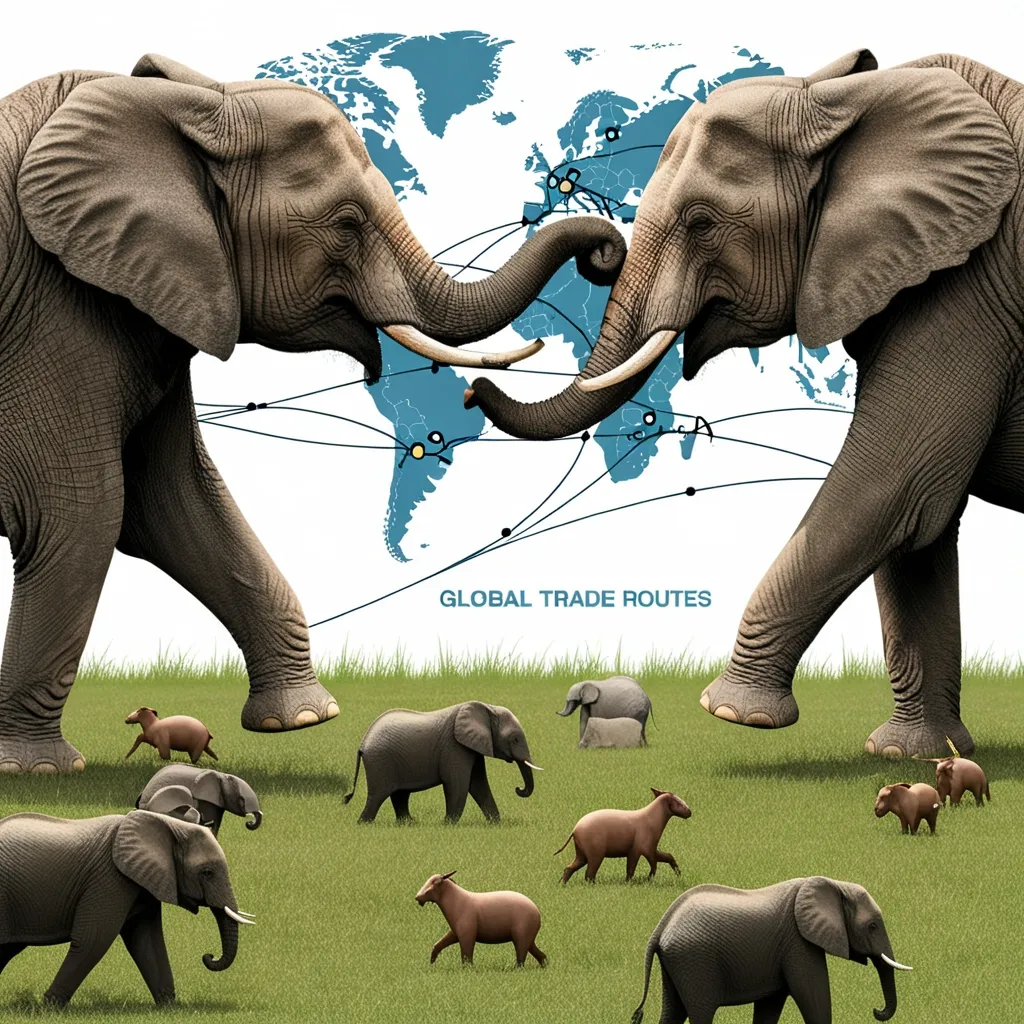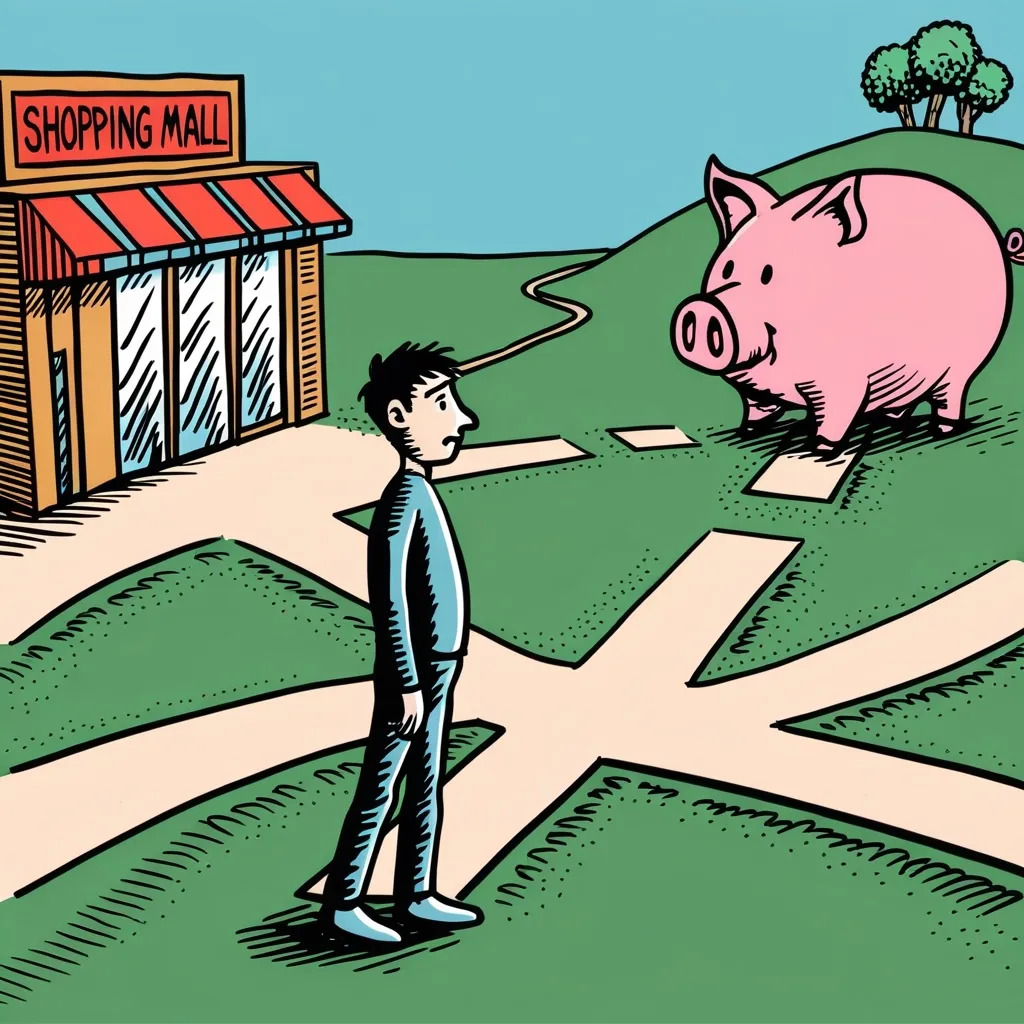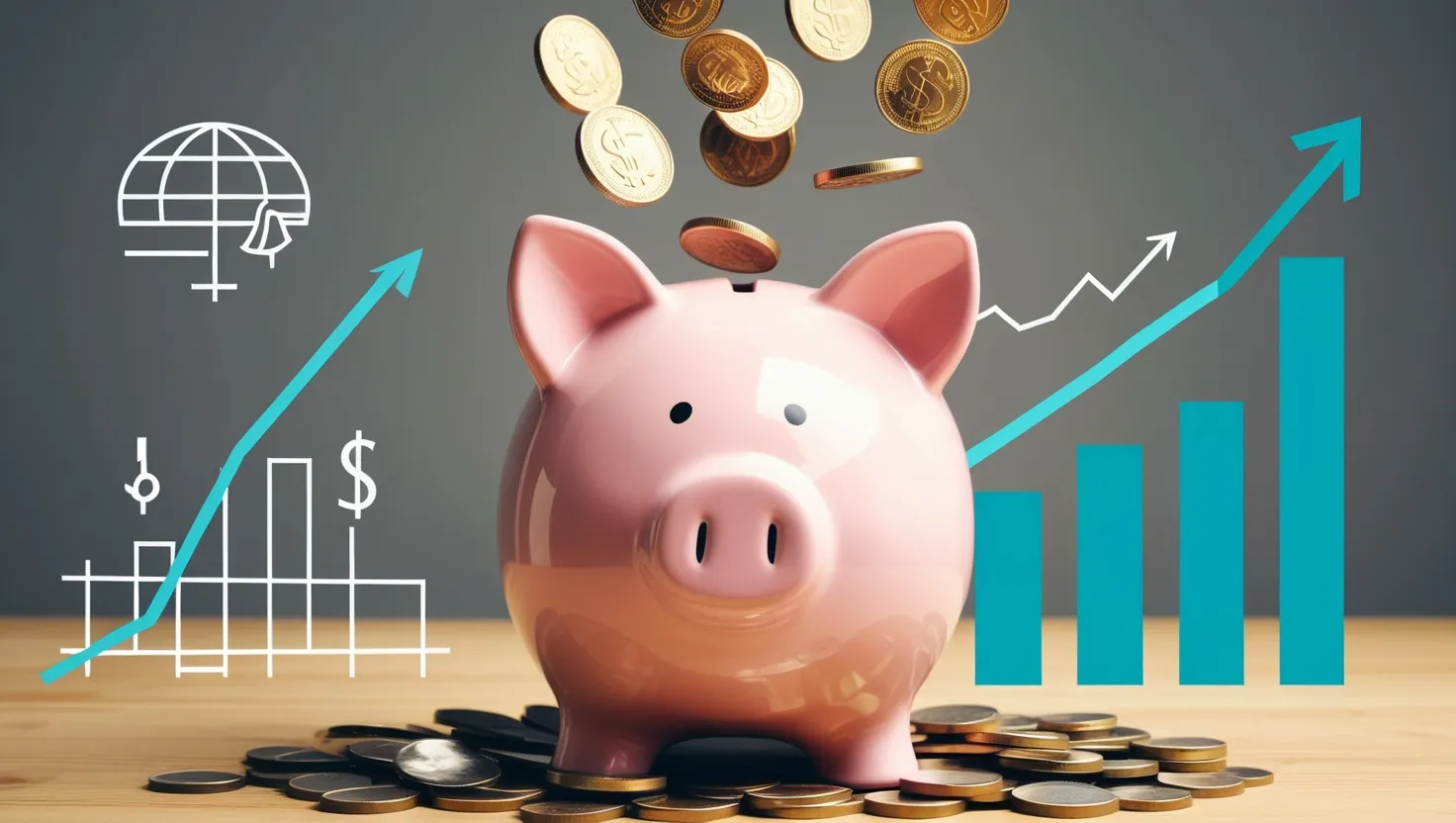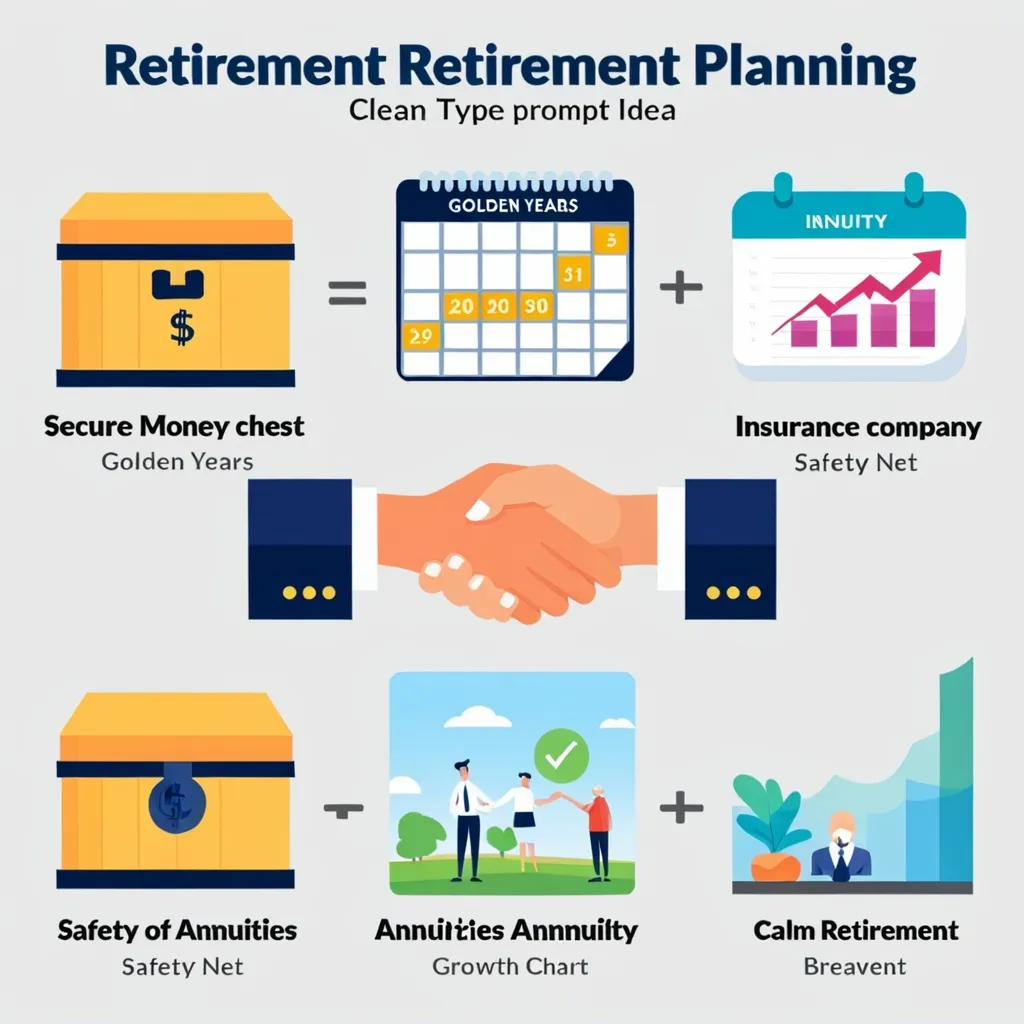Trade Wars: The Hidden Cost for Developing Economies
When you hear about trade wars, you might think it’s just big countries duking it out over tariffs. But the real victims? Often, it’s the little guys - the developing countries trying to make their mark on the world stage. These nations, already struggling to keep up, get caught in the crossfire when economic giants clash.
Picture this: Two elephants fighting in a field. The grass gets trampled, and all the smaller animals have to run for cover. That’s basically what happens in a trade war. The US and China might be throwing economic punches at each other, but countries that depend on international trade to grow their economies end up feeling the pain too.
Remember when Trump slapped tariffs on steel and aluminum back in 2018? It wasn’t just China that got hit. Canada, Mexico, and a bunch of European countries felt the sting too. And then everyone started retaliating with their own tariffs, creating this crazy web of trade barriers that messed up global commerce for everyone.
The fallout for developing countries is pretty rough. First off, their exports suddenly become way more expensive. We’re talking tariffs as high as 60% for some countries. That makes it super hard for them to sell their stuff on the global market, which means less money coming in.
And it’s not just about selling stuff. Trade wars mess up global supply chains, which are super important for developing economies. When it costs more to import raw materials and parts, manufacturers have to jack up their prices. That means people buy less, the economy slows down, and jobs start disappearing.
It’s not just businesses that suffer, though. Regular folks in both rich and poor countries end up paying more for everyday stuff. During the US-China trade war, Americans saw prices go up on all sorts of things. That hits people’s wallets hard and makes life tougher all around.
But here’s where it gets really interesting. Trade wars aren’t just about money - they’re about power too. When countries start going it alone instead of working together, it messes up more than just trade. It can make it harder to fight climate change, keep the peace, and help everyone prosper.
Take China, for example. With all the trade tension with the US, they’ve had more freedom to push their weight around abroad while potentially cracking down on their own people. That’s bad news for smaller countries that need stable international relations to keep their economies and governments running smoothly.
Now, you might be thinking, “Hey, some developing countries must be benefiting from all this, right?” Well, kind of. Some countries like Brazil, Malaysia, and India did see their exports go up when the US and China were busy fighting. But that’s like finding a dollar on the street while your house is on fire - it doesn’t really solve the bigger problem.
In fact, if trade wars keep escalating, we could see global exports drop by 3% and global income fall by 1.7%. And guess who’s going to feel that pain the most? Yep, developing countries.
Let’s look at some real examples. Micronesia and Nauru, two tiny Pacific island nations, saw their exports boom during the US-China trade war. But that’s not a long-term solution. It’s like getting a sugar rush - feels great for a moment, but it doesn’t last.
Kuwait and Malaysia also got a boost, selling more stuff like propane and electronic circuits. But again, that’s not a stable situation. If the trade war gets worse, those gains could disappear in a heartbeat.
And let’s not forget about the human cost. In the US, farmers went bankrupt and manufacturing hit rock bottom. But in developing countries, it’s even worse. Less economic growth means fewer jobs, lower wages, and a tougher life for everyone. It makes it way harder for these countries to pull themselves out of poverty.
So what’s the solution? Well, the easiest way to win a trade war is to not have one in the first place. We need countries to work together and stick to fair trading rules. Developing countries need to know what to expect when they’re trading so they can plan for the future.
In the end, trade wars aren’t just about big countries flexing their economic muscles. They have real consequences for developing economies and the people living in them. Higher prices, fewer jobs, and messed up supply chains affect everyone’s daily life.
If we want trade to benefit everyone, not just a lucky few, we need to work together. It’s time to put down the economic weapons and start building bridges instead of walls. Only then can we create a world where every country, big or small, has a fair shot at prosperity.






